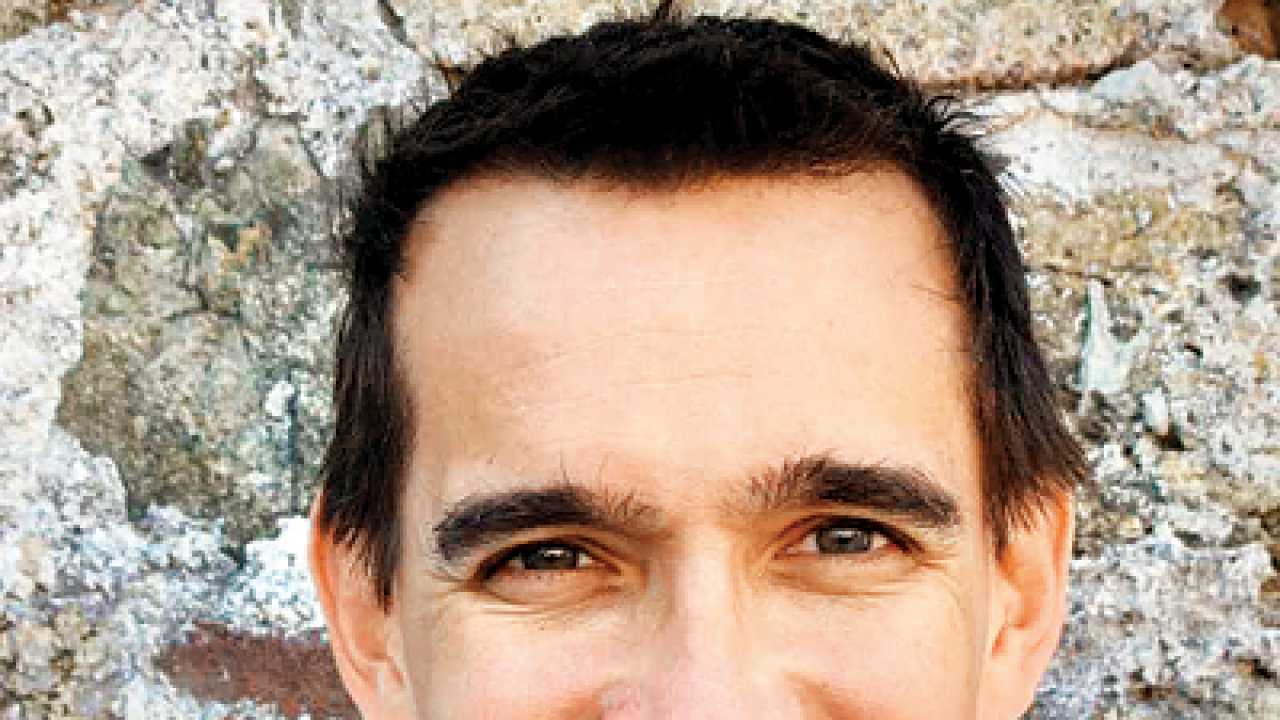
Q) Is there a special reason why you dwell considerably on logistics of provisioning for the marching Crusaders in your book?
A) Maybe my being a hotelier could have something do with it (Laughs). Unlike just the warfare, I felt charting the Crusaders’ progress by their diet was far more interesting. From beginning with eating only the best rump, its amazing how they were pushed into a desperation which saw them eating thistles, rats, grains found in manure, horses’ blood and finally, the flesh from the buttocks of dead Muslims. In a sense this gives us an idea of how the campaign became a disaster.
Q) You are also a Croatian prince, with Balkan roots. Did that help while working on this book?
A) My patrimony has helped to an extent to interpret contemporary Slavonic texts. My principle source, though, is The Alexiad, by Alexios’s daughter Anna Comnena, who took over from her husband, Nikephoros Bryennios. The only problem is that Anna says nothing about the origins of the Crusade, merely its course. And like all good daughters, she often seems confused about saying anything which could offend and embarrass her father. This makes it necessary to rely on French and Italian sources and make inferences.
Q) What is your take on some of the sharp comments on social media by irate Westerners soon after the recent horrific attack on Charlie Hebdo which invoked the Crusade?
A) The point when people are angry may not be the best time for them to react. They are often not thinking out what they are saying. The Crusade clearly generates very strong feelings in the Islamic world. This is exactly what George Bush did before the US invaded Iraq. It just goes to show how little is changing. Very often greed is disguised as an agenda driven by piety.
Q) You’ve said that the First Crusaders had in the latter years come to accept the Byzantines and live with them.
A) You see while there are warfare and battles, life doesn’t come to a standstill. They had to learn to live with each other. In fact there are records to suggest that they went to the same bathhouses. This of course created the small problem as both sides thought of different kinds of body hair as inappropriate. The Byzantines found it crude that the Crusaders didn’t shave their public hair. The Crusaders of course thought that since they shave off their facial hair, everything else doesn’t matter.
Q) Do you see any resonances in the way the world is being polarised using religion in current times with what the papacy did during the Crusade.
A) Absolutely. Politicians invoking religion to spread hate is clearly a manifestation of an almost similar mindset that the papacy showed. Once the Crusaders besieged Antioch in response to Alexios’s appeal in 1095 to help fight the Turks, Alexios shrewdly championed Jerusalem as the prize. It worked like an emotional trigger. The weakened papacy which saw in this an opportunity to unite the various factions in the church and what it saw as the two Holy Roman Empires. Pope Urban II was almost preaching the same kinf jihad which we hear so much of nowadays, even whipping up religious hysteria with religious relics sent all the way from Constantinople. All those setting out to rescue the Holy City were guaranteed a place in heaven. All the actually faced was mugging by brigands, disease and starvation.
Q) As a teacher of history, does it concern you to see how its pursuit is shrinking in universities across the world?
A) We are lucky this has not affected Oxford as badly as it has hit other places. I’d like to believe we still attract some very fine scholars who are interested in researching history. But you are right. The profusion of professional courses has seen a really sharp decline in the pursuit of humanities in general and history in particular. This is worrying. Its amazing how often when I tell people that I specialise in Byzantine history, I’m asked whether I’m a specialist in business and history. We need to go back to understanding that time spent in the university is meant to prepare you to think and not to prepare you for employment. If things continue the way they have it will mean a big loss to humankind, culture and an entire way of life.
Q) You’ve completed your next book..
A) Yes. My next book which I have just completed is called Silk Roads. It should be out by the year-end. Like the name suggests it looks at the region around China and South Asia. This is not only about a commodity, in this instance, silk. Just like any talk about what is happening with the world centres around Syria, Iraq, Jordan and Israel in contemporary times, getting a perspective on what was going on say a 1000 years ago cannot be possible without looking at the trade ties between these regions and the world. How fascinating, for example, that the region around Jaipur was in touch with region around the Caspian Sea for trading in horses, for example.